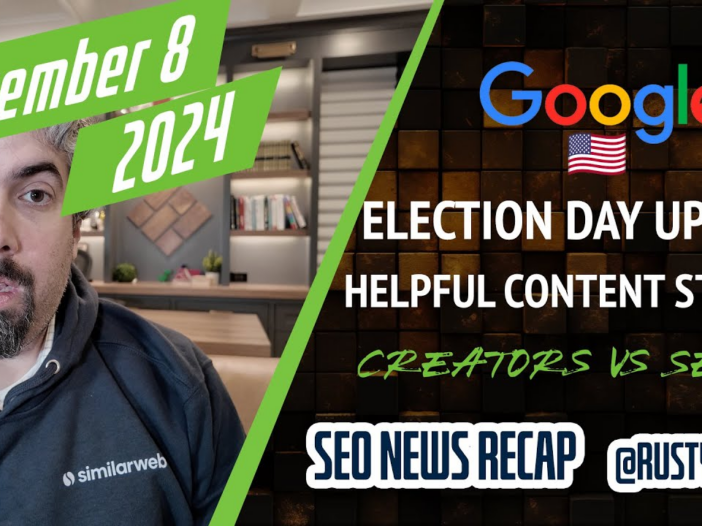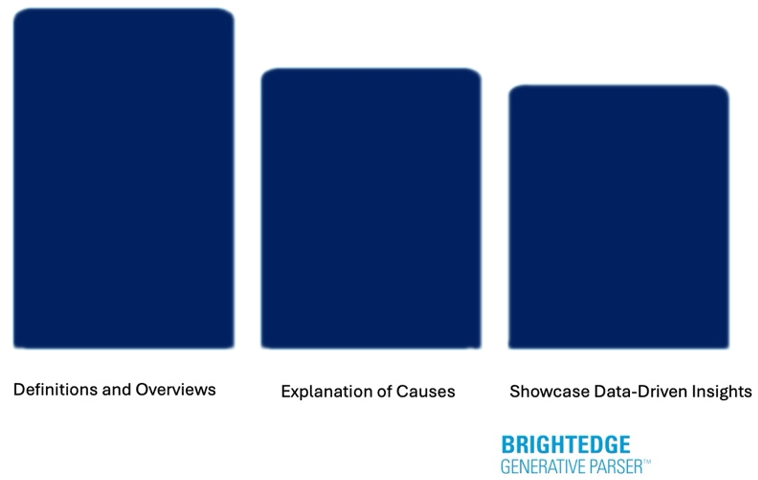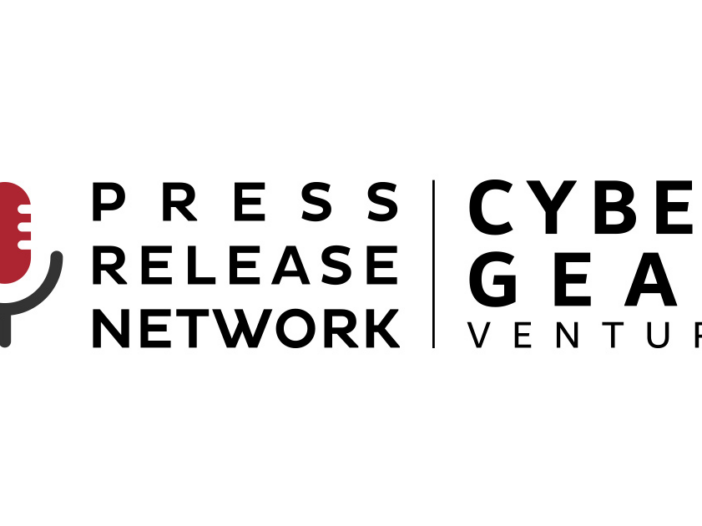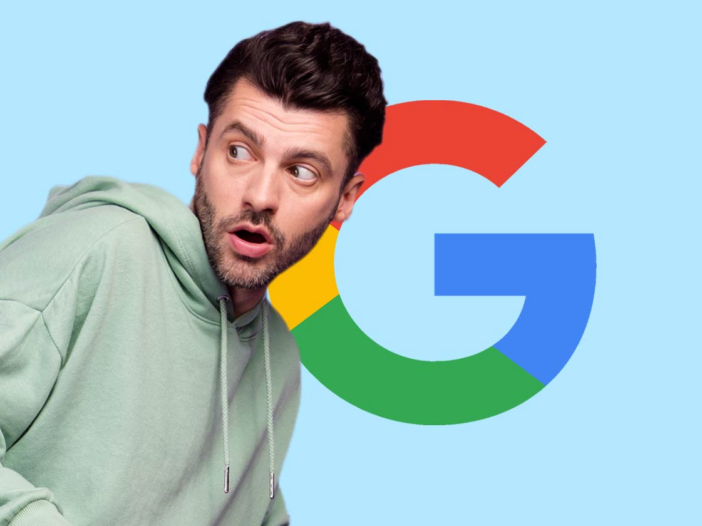For the original iTunes version, click here.
This week in search we covered the election day Google Search ranking volatility. We also had a status update on where those helpful content update victims are currently sitting. There is this spat going on between content creators and SEOs now, what did Google say. ChatGPT Search is powered partially by Bing’s index, so be aware. Google AI Overviews testing a new highlight feature and we are seeing people also ask use AI Overviews instead of featured snippets. Google updated its documentation around having different links in mobile versus desktop pages. Google and Microsoft Bing went to IETF to propose changes to the robots exclusion protocol. Google proposed new shipping data schema. Google Search Console now uses dotted lines for partial data. Google is testing conversational search in the Google Search App. Google is testing dropping the results count in some cases, or is this a bug. Google selected canonical can show the wrong domain name sometimes. Google Ads continues to test mixing ads with free results. Google Ads optimization score now shows a competitive pressure data point. Google Ads added segmentation option to PMax asset groups. Google Shopping Ads has a bag button to bypass the product pages. Google Local Service Ads app will stop working in two months. Bing is rolling out new sponsored labels in search. Bing has these AI-powered buying guides. That was the search news this week at the Search Engine Roundtable.
Sponsored by Similarweb, the all-in-one- strategic SEO software. Get clarity of the SEO landscape through competitor analysis, keyword research, rank tracking, SERP insights and more. With industry-leading traffic and keyword data, based on real user journeys, Similarweb gives SEO professionals the whole picture so they can strategize smartly and drive sustainable business growth.
Make sure to subscribe to our video feed or subscribe directly on iTunes, Apple Podcasts, Spotify, Google Podcasts or your favorite podcast player to be notified of these updates and download the video in the background. Here is the YouTube version of the feed:
Search Topics of Discussion:
- 0:00 – Introduction
- 1:03 – Election 2024 Google Search Ranking Update
- 1:43 – Report: 22% Of Sites Hit By Google’s Helpful Content Update Are Up 20%+
- 2:39 – Google Wants You To Stop Hiring SEOs & Paying For SEO Audits? I Highly Doubt It.
- 4:09 – ChatGPT Search Is Powered By Bing’s Index & More
- 4:55 – Google AI Overviews Highlight Feature Expands AI Responses
- 5:11 – Google AI Overview Displayed Within People Also Ask
- 5:32 – Google: Having Different Links On Mobile vs Desktop Pages Can Slow Crawl
- 6:07 – Google & Bing Head To Dublin For IETF Event To Improve Crawling Efficiency & AI Controls
- 7:03 – Google Proposes New Shipping Data Schema Including Type ShippingService
- 7:28 – Google Search Console Partial Data Reports With Dotted Lines
- 7:48 – Google Continuous Conversational Search In Google App
- 8:10 – Google Tests Dropping Results Count After Moving It Under Search Tools
- 8:39 – Google-Selected Canonical Showing Third-Party’s Domain Name
- 9:34 – Google Ads Continues To Test Ads Mixed Within Organic Results – Dynamic Ad Placement
- 10:04 – Google Ads Optimization Score With Competitive Pressure Data
- 10:23 – Google Ads Adds Segmenting Option To PMax Asset Groups In Reports
- 10:39 – Google Shopping Ads With Bag Icon In Search
- 11:05 – Google Local Service Ads App To Stop Working In Two Months
- 11:36 – Bing Rolls Out New Sponsored Label For Search Ads
- 11:52 – Bing AI-Powered Buying Guide
- 12:02 – Conclusion
Please do subscribe on YouTube or subscribe via iTunes or on your favorite RSS reader. Don’t forget to comment below with the right answer and good luck!
The content at the Search Engine Roundtable are the sole opinion of the authors and in no way reflect views of RustyBrick ®, Inc
Copyright © 1994-2024 RustyBrick ®, Inc. Web Development All Rights Reserved.
This work by Search Engine Roundtable is licensed under a Creative Commons Attribution 3.0 United States License. Creative Commons License and YouTube videos under YouTube’s ToS.







